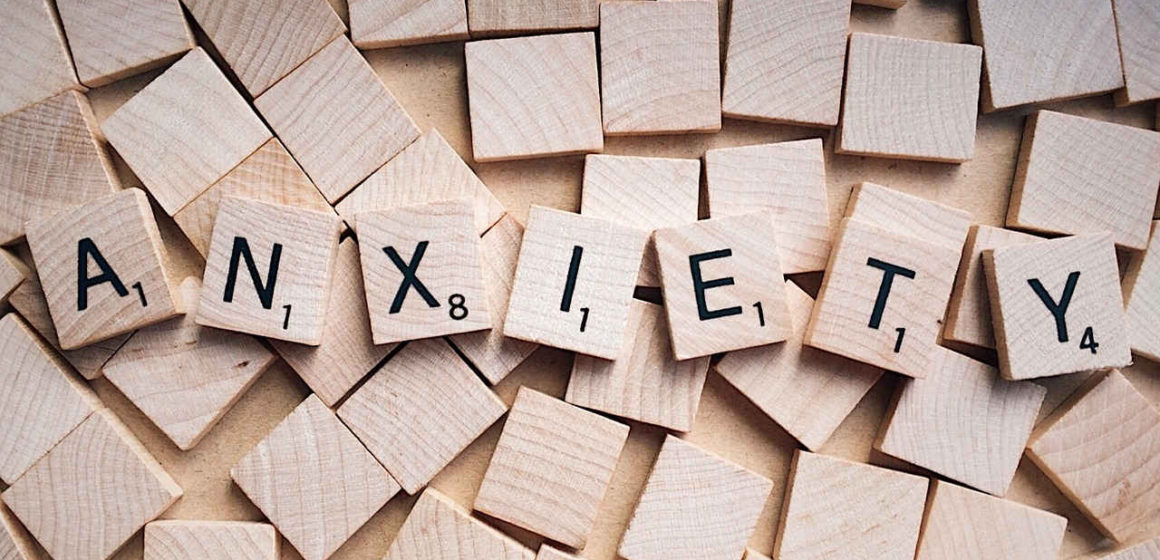Managing Anxiety and Stress in Today’s World: Tips and Techniques
In today’s fast-paced and interconnected world, anxiety and stress have become common problems for many people. Whether it’s work-related stress, financial worries, or personal relationships, these factors can take a toll on our mental and physical health. Fortunately, there are several strategies you can adopt to manage anxiety and stress and maintain your well-being.
Understanding Anxiety and Stress: Causes and Symptom
What is anxiety? Anxiety is a normal human emotion that can manifest as excessive worry, fear, or nervousness. Common causes of anxiety and stress can include work pressure, financial instability, personal relationships, and health concerns. Symptoms to look out for include physical symptoms like headaches, fatigue, and muscle tension, as well as emotional symptoms like irritability, restlessness, and difficulty concentrating.
Lifestyle Changes to Reduce Anxiety and Stress
Prioritizing self-care involves setting aside time for activities that bring you joy and help you relax, such as reading, listening to music, or taking a bubble bath. Another way to incorporate self-care is by eating a balanced diet. This includes plenty of fruits and vegetables, lean protein, and healthy fats can help improve mood and energy levels. Getting regular exercise can help reduce stress hormones and release feel-good endorphins. Limiting caffeine and alcohol intake can help prevent spikes in anxiety and reduce the risk of addiction. Getting enough sleep is crucial for maintaining overall health and well-being.
Mindfulness and Relaxation Techniques
Mindfulness is a mental state of non-judgmental awareness of one’s thoughts, feelings, bodily sensations, and the environment around them. It involves paying attention to the present moment and accepting it without judgment. Mindfulness is often practiced through meditation, but it can also be applied to everyday activities such as walking, eating, or working.
Deep breathing exercises can help calm the mind and reduce physical tension. One technique is to inhale for a count of four, hold for a count of seven, and exhale for a count of eight. Meditation and yoga can help improve mental clarity, reduce anxiety and stress, and increase feelings of relaxation and well-being. Progressive muscle relaxation involves tensing and releasing different muscle groups to reduce physical tension and promote relaxation. Guided imagery involves visualizing peaceful and calming scenes in your mind. Visualization involves mentally rehearsing a positive outcome or scenario to promote feelings of confidence and reduce anxiety.
Cognitive Behavioral Therapy (CBT)
CBT is a type of therapy that helps individuals identify and challenge negative thoughts and beliefs that contribute to anxiety and stress. Techniques for challenging negative thoughts and beliefs can include examining evidence, considering alternative explanations, and re-framing negative thoughts in a more positive light. Learning coping skills and problem-solving strategies can help individuals feel more in control of their situation and reduce feelings of anxiety and stress.
Seeking Professional Help
When to seek professional help: If anxiety and stress are interfering with your daily life and functioning, it may be time to seek professional help. Types of mental health professionals may include psychiatrists, psychologists, licensed clinical social workers, or licensed professional counselors. Treatments available for anxiety and stress may include therapy, medication, or a combination of both. It’s important to discuss treatment options with a mental health professional to find the best course of action for you.
Conclusion
Managing anxiety and stress in today’s world requires a combination of lifestyle changes, relaxation techniques, and, in some cases, professional help. By prioritizing self-care, adopting healthy habits, and seeking help when necessary, individuals can reduce feelings of anxiety and stress and improve their overall well-being. Remember, taking care of yourself is crucial for a happier and healthier life. If stress and anxiety is getting the best of you or you are looking for ways to to better manage, contact Dr O. TheTeenDoc at 650-762-9069 or email dro@theteendoc.com.

Dr. O “TheTeenDoc.” helps clinicians communicate better with their teen patients. She speaks, blogs www.TheTeenDoc.com, researches and consults on communicating with teens. She has written two e-books for parents and teens on communicating about the challenging subject of sexual health. You know, teens that bring chief complaints of belly pain, social crisis, emotional turmoil and obnoxious parents. Or, is it the parents with obnoxious teens? Sometimes she mixes that complaint up.
Dr. O speaks www.TheTeenDoc.com to and is consulted by clinicians who want advice managing difficult teen and teen-parent situations. These situations frustrate clinicians and slow down their clinics making them wonder if they’ll ever walk out the door for the day. Every day, in her own practice, Dr. O helps clinicians communicate better with teens and helping you is another level of reward. Her talks are fun and informative, and her delivery empowers clinicians to actually think teens are an awesome group to work with. Her energy about teens is contagious and has inspired her coaching clients to have less fear and more confidence with the teens in their panel. Her dedication to seeing you succeed with a group she is so passionate about is what makes Dr. O’s Lounge the place you want to be!
If you are a clinician that has teen’s in your practice, from pediatrics to internal medicine, the person with whom you need to connect is Dr. O “TheTeenDoc!” You can listen to a complimentary audio “The Art of Teen Medicine” and recommend her e-book “Are You Serious? It’s Just Sex!” to your patients. And while you’re there, become part of Dr.O’s Lounge.
Specialties: consulting, coaching, counseling, mental health, research, seminars, spanish, public speaker, teaching, communications between teens and adults



